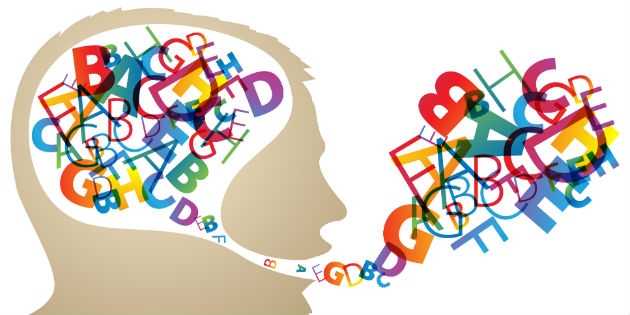Studies on accents and voice types and their effect on hearing
Speech
A group of researchers at the University of Utah have conducted studies on the effects different speech parameters have on hearing abilities, including different accents, gender characteristics, and the speed of expression.

Sarah Hargus Ferguson, Associate professor of communication science and disorders at the university led the studies, carried out in conjunction with her students. Some of the results were presented at the national spring meeting of the Acoustical Society of America held in Salt Lake City, Utah in late May.
One of the studies found that hearing-impaired American seniors had more trouble than young people understanding British accents in background noise. “The older hearing-impaired had just a little more trouble understanding British accents than American accents when they were in quiet surroundings. They had a lot more trouble understanding both accents with background noise, but the British was harder to understand than the American,” Ferguson explains.
The team also found that people perceive clear speech as more feminine than conversational speech. Clear speech is the way people express themselves when they think the listener is hearing-impaired—more slowly and loudly, and with a higher pitch. Concerning speed, fast talking is less intelligible but it is even more so when women speak fast.
The main theme of the studies is that aspects concerning the speaker appear to affect how people perceive their speech, including how clearly they speak, their gender, and their accent.
Source: EurekAlert; University of Utah
 Sign in
Sign in

